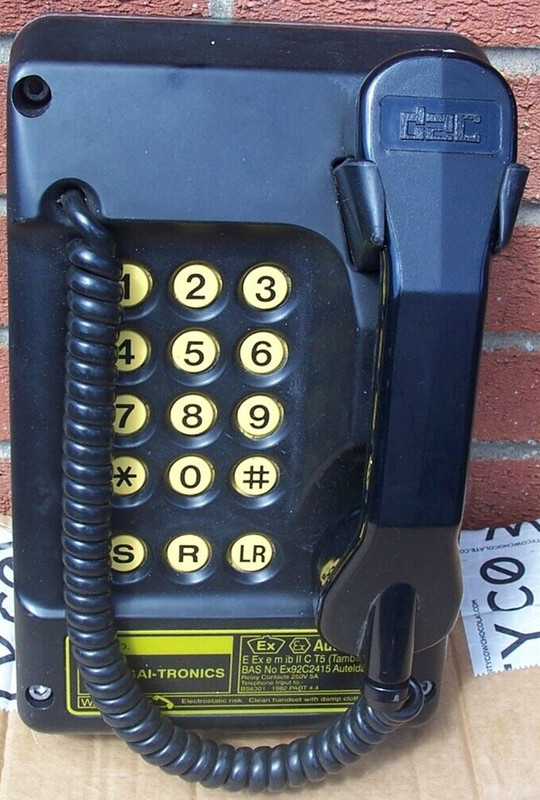Looks like it is all going to happen.
Looks like BT / Openreach have done SFA about the problem of VOIP phones not working in a power cut, despite promising last year that they would.
Looks like they are assuming that every single one of their benighted customers has a mobile, and a reliable mobile signal.
Looks like they are assuming that not one of their benighted customers has more than one wired handset or other device (like a fax machine).
Looks like the whole <bleeping> plan has been made by people who are so <bleeping> ignorant and so <bleeping> insular that they think the entire world is like them.
I have a house wired for corded phones. WTF should I have to (at my expense) be forced install several of those disgusting and arguably illegal PLT things, or (at my expense) be forced to buy several cordless phones? What if there's no handy electrical socket near where I want the phones?
I have a lift with an emergency phone in it, and a power cut is a very likely time to want to use it. So what the <bleep> am I supposed to do?
Just how <bleeping> unacceptable do BT's plans have to be before someone official takes them to a quiet corner and says "You will NOT <bleeping> make things worse for people and then make them pay to try and recover some, but not all, of the functionality you've decided to take away"?
Looks like BT / Openreach have done SFA about the problem of VOIP phones not working in a power cut, despite promising last year that they would.
Looks like they are assuming that every single one of their benighted customers has a mobile, and a reliable mobile signal.
Looks like they are assuming that not one of their benighted customers has more than one wired handset or other device (like a fax machine).
Looks like the whole <bleeping> plan has been made by people who are so <bleeping> ignorant and so <bleeping> insular that they think the entire world is like them.
I have a house wired for corded phones. WTF should I have to (at my expense) be forced install several of those disgusting and arguably illegal PLT things, or (at my expense) be forced to buy several cordless phones? What if there's no handy electrical socket near where I want the phones?
I have a lift with an emergency phone in it, and a power cut is a very likely time to want to use it. So what the <bleep> am I supposed to do?
Just how <bleeping> unacceptable do BT's plans have to be before someone official takes them to a quiet corner and says "You will NOT <bleeping> make things worse for people and then make them pay to try and recover some, but not all, of the functionality you've decided to take away"?




